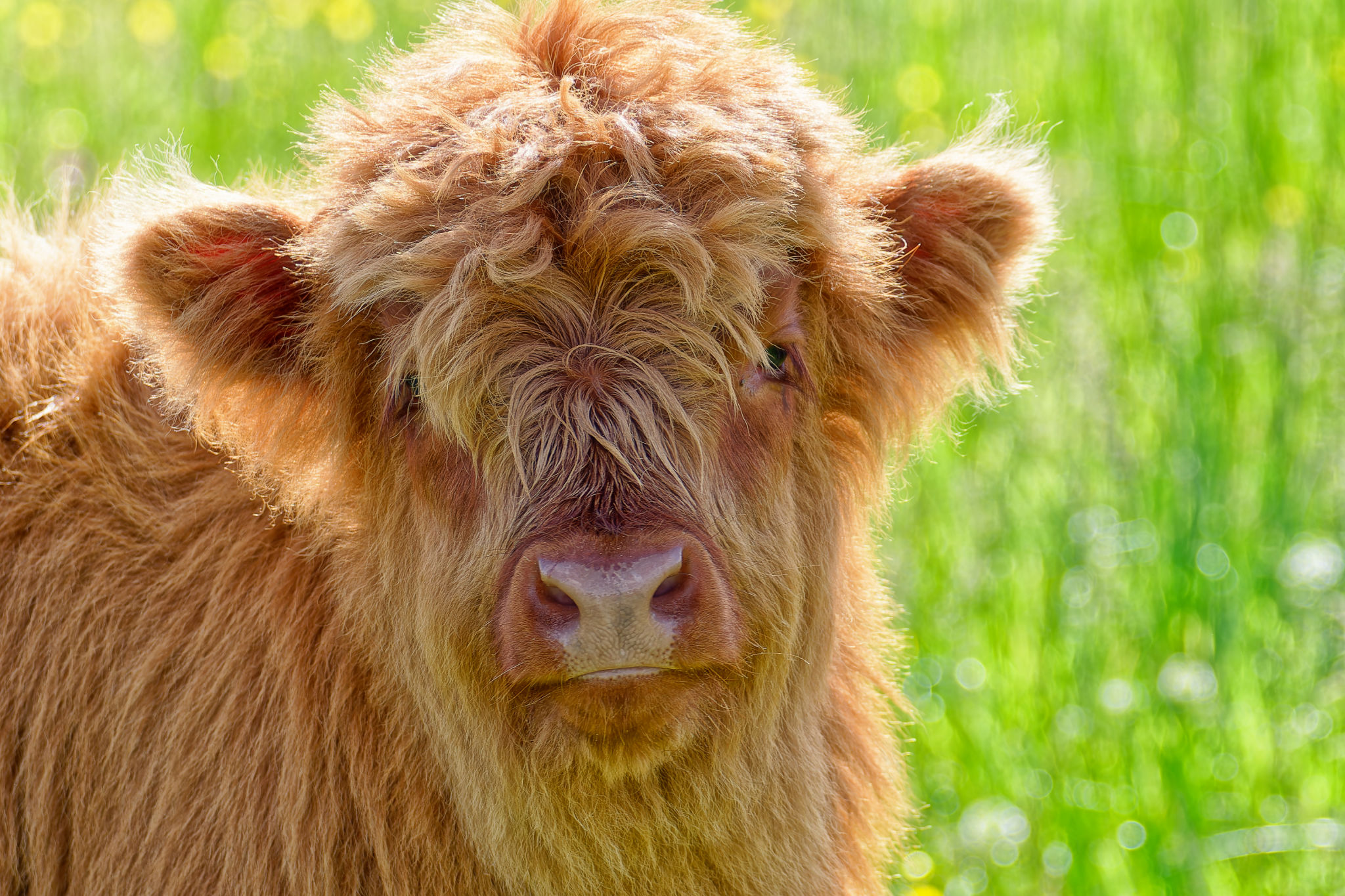How to Start a Mini Highland Cattle Farm: A Comprehensive Guide
Introduction to Mini Highland Cattle Farming
Starting a mini Highland cattle farm can be a rewarding venture, whether you're looking to enhance your agricultural pursuits or simply enjoy the pastoral lifestyle. These charming, small-scale cattle are known for their distinctive appearance and manageable size, making them ideal for small farms. In this guide, we'll walk you through the essential steps to kick-start your mini Highland cattle farm successfully.

Understanding Mini Highland Cattle
Characteristics
Mini Highland cattle are a smaller version of the traditional Highland breed, prized for their gentle temperament and hardiness. They are known for their long horns and distinctive shaggy coats, which provide excellent insulation in cold climates. These cattle typically weigh between 500 and 800 pounds, making them easier to handle than larger breeds.
Benefits
There are several advantages to raising mini Highland cattle. Their smaller size requires less feed and space, making them cost-effective for smaller farms. Additionally, they are efficient grazers and can thrive on rough terrain that may not be suitable for other livestock.

Setting Up Your Farm
Choosing the Right Location
Location is crucial when starting your mini Highland cattle farm. Look for land with ample grazing areas and access to fresh water. The terrain should be suitable for cattle, offering both open pastures and some shelter from harsh weather. It's also important to check local zoning laws and regulations regarding livestock farming.
Building Essential Infrastructure
Once you've secured a suitable location, you'll need to invest in essential infrastructure. This includes sturdy fencing to contain your cattle, as well as a barn or shelter for protection against the elements. Ensure that the shelter is well-ventilated and provides sufficient space for your herd.

Caring for Your Mini Highland Cattle
Nutritional Needs
Feeding your mini Highland cattle properly is key to maintaining their health. Their diet should primarily consist of quality hay and pasture grass. You may also need to supplement their diet with minerals and vitamins, especially during winter or if pasture quality declines.
Health Management
Regular health checks are important to prevent diseases and ensure the well-being of your cattle. Establish a relationship with a local veterinarian experienced in livestock care. Vaccinations, deworming, and hoof trimming are essential components of a comprehensive health management plan.

Breeding and Expanding Your Herd
If you intend to expand your herd, understanding the breeding process is crucial. Mini Highland cattle have a gestation period of approximately nine months. It's important to select healthy breeding stock and monitor the cows during pregnancy to ensure successful calving.
As you grow your herd, consider the long-term sustainability of your farm. Implementing rotational grazing practices can help maintain pasture quality and prevent overgrazing.
Conclusion
Starting a mini Highland cattle farm requires careful planning and dedication, but it can be a fulfilling endeavor that brings numerous benefits. By understanding their needs and ensuring proper care, you can enjoy the unique charm of these wonderful animals while contributing to sustainable farming practices.
